
Radar | Jan 05,2019
The recent decision by the United Kingdom to suspend tariffs on fresh-cut flower imports has breathed new life into Ethiopia's floriculture industry, igniting optimism and aspirations for the sector. Announced last week, this two-year tariff hiatus hopes to boost the trade relations of the UK government with East African countries dominant in flower exports.
Paul Walters, development director at the British Embassy, said the move is a pivotal opportunity to fortify economic ties between the two countries. He said the UK has been exploring trade policies that may be able to weave economic interests between countries heavily reliant on flower exports for some time.
"This will help significantly boost flower exports," he told Fortune.
Though global in scope, the UK suspension holds particular hope for Ethiopian exporters, who stand as a powerhouse in sub-Saharan flower exports, constituting nearly 23pc of the market with around 13 million dollars in revenues last year. For Tewodros Zewde, head of the Ethiopia Horticulture Producers Exporters Association, this decision marks the culmination of four years of tireless advocacy for tariff removal. driven by the imperative of rekindling demand and reestablishing crucial business links with the UK market.
Ethiopia has managed to triple its export revenue in the past two decades covering 2,000hct and producing nearly a quarter of a million tons. However, the path to UK markets has been fraught with difficulties in the wake of Brexit's seismic shifts in trade dynamics.
Located in Sululta, Sheger City, Samore Flower Farm Plc operates on 10hct plot exporting 20 million stems annually. Ronald Vijverberg, a shareholder, in the Dutch-owned company, recounts the formidable obstacles encountered post-Brexit. From logistical delays to bureaucratic hurdles, dampening the company's once-thriving exports to the UK. He hopes to recover at least five percent of the lost market in the near term.
"It was never the same after Brexit," he said.
Europe, the Middle East, and North America, constituting a formidable export revenue stream nearing half a billion dollars last year. The Netherlands emerges as a pivotal hub, with its iconic Flora Holland auction playing a central role in the global flower trade, facilitating the transit of nearly 70pc of the world's flower and plant market.
Ethiopian Netherlands Business Association (ENLBA)was created to improve the business climate for the 75 Dutch businesses based in Ethiopia, which include 17 flower exporters. Hayo Hamster, head of the Association, expects the latest move to gradually resurrect the flower trade between the UK as demand recovers with the drop in prices boosting Ethiopia's export revenue in the process.
"Less tariffs, more trades," he told Fortune.
Some Dutch-based flower exporters have managed to sidestep the 8pc tariff rates for the last four years by engaging with buyers located in the UK and transporting the flowers by aeroplanes.
Operating on a 40hct plot in Batu (Zeway), Oromia Regional State, Herburg Roses, exports around 60pc of its 120 million stems annually to the UK. Jos Klijs, general manager, said they could not afford to leave the UK markets, which were growing by 10pc annually.
"It's more profitable than the rest of Europe," he told Fortune. "We can't afford to lose our buyers."
Ministry of Agriculture has taken note of the development but remains cautious over making any long-term commitments.
Alemayehu Gebreselassie, the senior horticulture and investment coordinator at the Ministry, said the real impacts of the tariff removal will take time to surface fully, as they plan to conduct a thorough assessment of the outcomes. Alemayehu said the flower market has plateaued over the past few years due to the proliferation of producers in the international markets and the drop in production locally.
"We might revise floor prices after the assessment finishes," he told Fortune.
Economists such as Shimelis Araya (PhD) point to an inevitable drop in prices as quantity flowing into the UK market increases with no particular change to demand.
"The country's flower industry is highly intertwined with global winds," he told Fortune.
According to Shimelis, export revenues will not increase without strategic upgrades to production. Shimelis believes elevated flower exports will arise only through a shift towards quality that is unreplicable by competing countries like Columbia and Ecuador, which are currently focused on quantity. He recommends updating greenhouse practices, adopting high-demand sustainable practices, and incorporating climate-friendly technology to better understand the market.
"Evolved marketing strategies are necessary," Shimelis said.
PUBLISHED ON
Apr 13,2024 [ VOL
25 , NO
1250]

Radar | Jan 05,2019
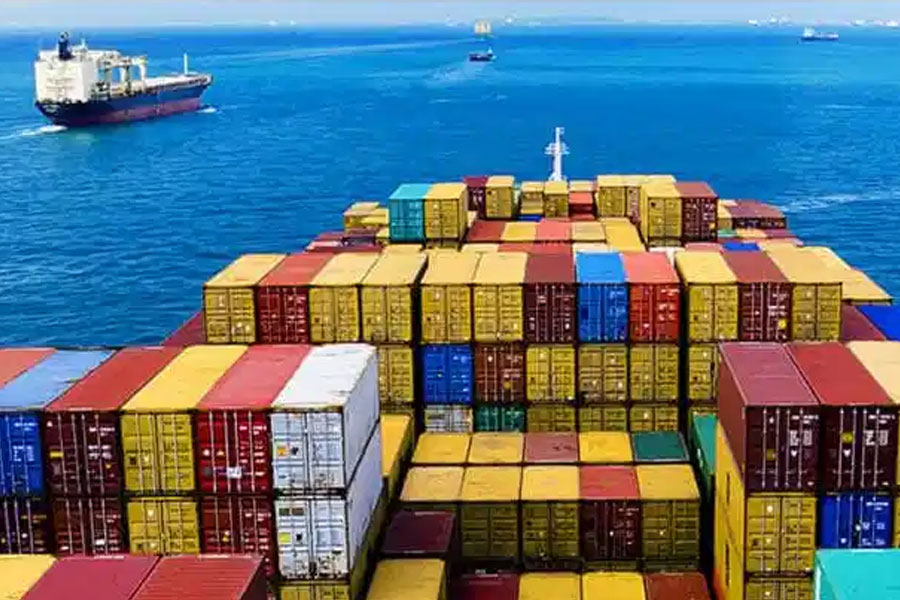
Fortune News | Jun 12,2021
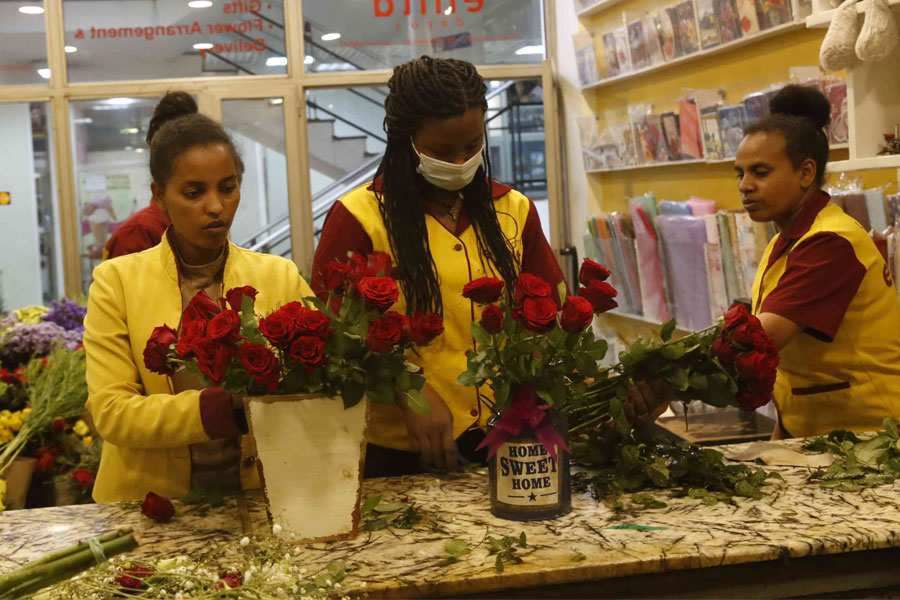
Agenda | Feb 10,2024
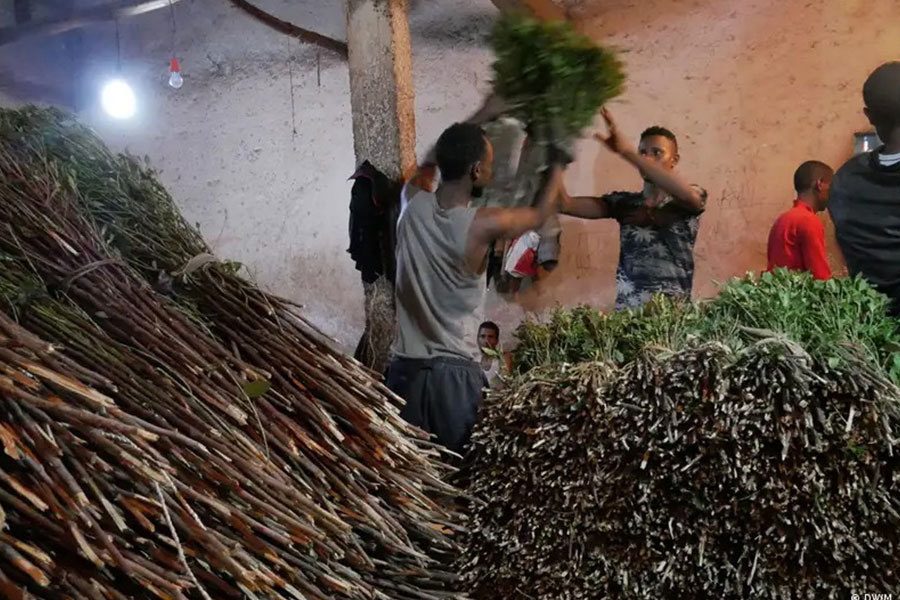
Agenda | Aug 26,2023

Fortune News | Jun 08,2024

Radar | Feb 05,2022
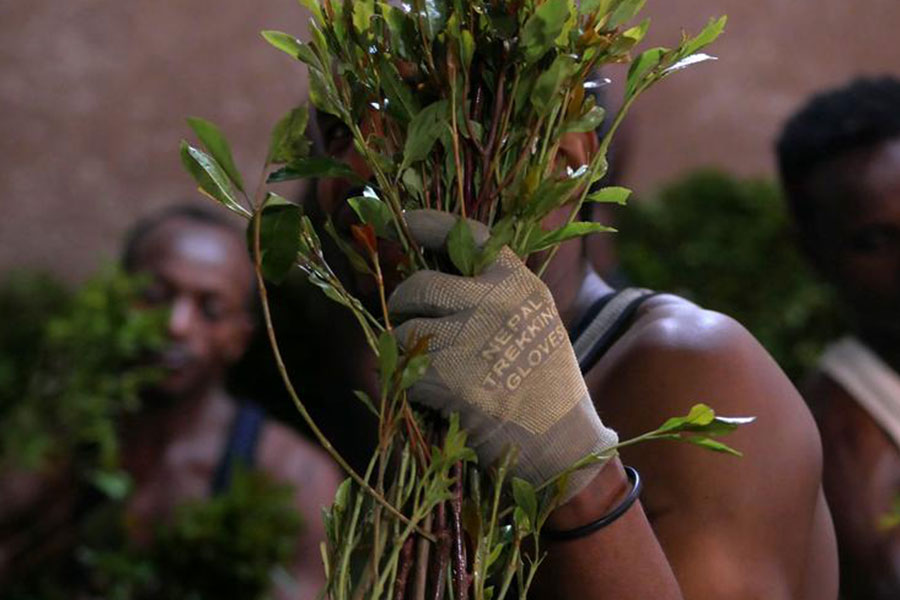
Fortune News | Apr 09,2022

Commentaries | Oct 28,2023
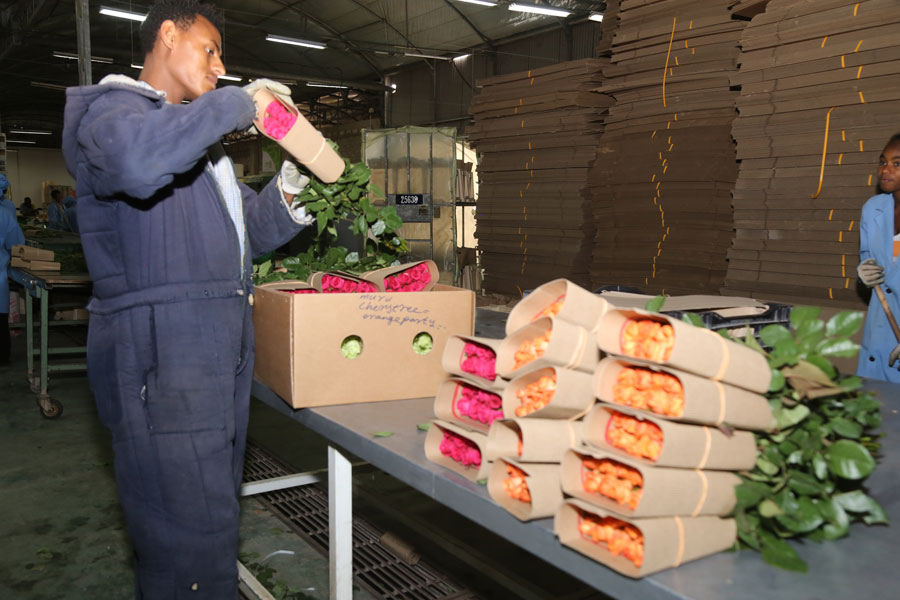
Agenda | Mar 09,2019

Radar | Nov 19,2022

Dec 22 , 2024 . By TIZITA SHEWAFERAW
Charged with transforming colossal state-owned enterprises into modern and competitiv...

Aug 18 , 2024 . By AKSAH ITALO
Although predictable Yonas Zerihun's job in the ride-hailing service is not immune to...

Jul 28 , 2024 . By TIZITA SHEWAFERAW
Unhabitual, perhaps too many, Samuel Gebreyohannes, 38, used to occasionally enjoy a couple of beers at breakfast. However, he recently swit...

Jul 13 , 2024 . By AKSAH ITALO
Investors who rely on tractors, trucks, and field vehicles for commuting, transporting commodities, and f...

Jun 28 , 2025
Meseret Damtie, the assertive auditor general, has never been shy about naming names...

Jun 21 , 2025
A well-worn adage says, “Budget is not destiny, but it is direction.” Examining t...

Jun 14 , 2025
Yet again, the Horn of Africa is bracing for trouble. A region already frayed by wars...

Jun 7 , 2025
Few promises shine brighter in Addis Abeba than the pledge of a roof for every family...